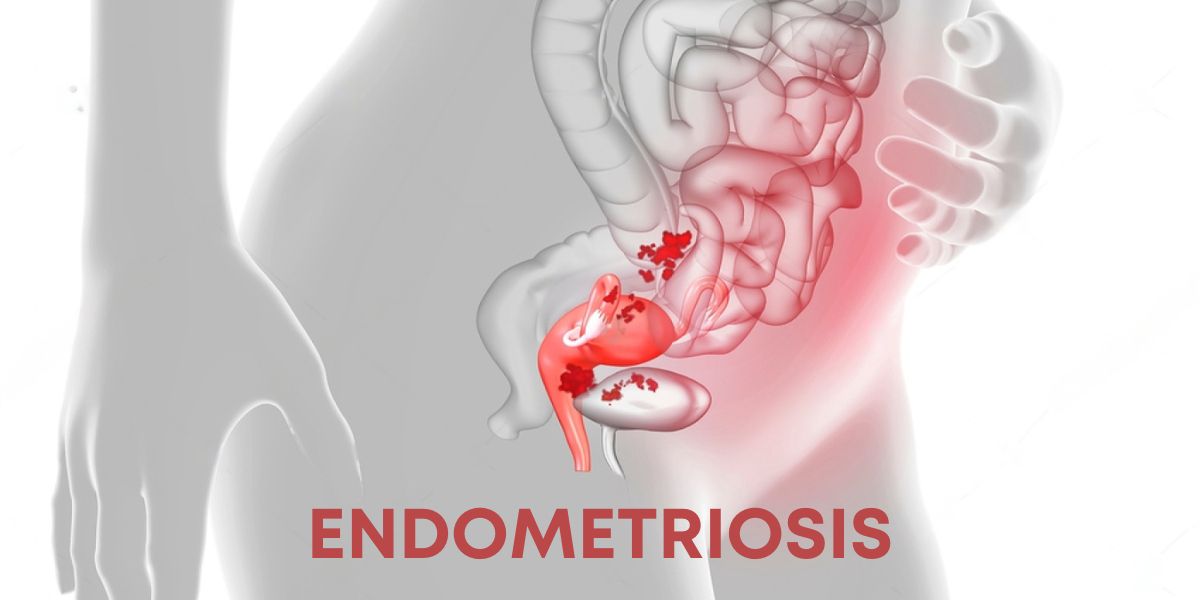The Importance of Magnesium in Pregnancy
Pregnancy is a trans formative time
for women, marked by significant physical and emotional changes. Magnesium is
one important vitamin that is essential at this time. This vital mineral
promotes many body processes and is especially crucial for the developing
fetus's and mother's health. A healthy pregnancy can be ensured by being aware
of the importance of magnesium, its advantages, dietary sources, and
recommended intake.
What
is Magnesium?
Magnesium
is a mineral that is involved in over 300 biochemical reactions in the body. It
is essential for muscle function, nerve transmission, energy production, and
bone health. During pregnancy, the demand for magnesium increases as the body
works to support the growing baby and the changes occurring in the mother’s
body.
The Role of Magnesium in Pregnancy
Supports Fetal Development: The
growth of the baby's bones and teeth depends on magnesium. It aids in the
development of the skeletal system and controls calcium levels, both of which
are critical for healthy bones.
Muscle and Nerve Function:
Many women get soreness and cramping in their muscles as their pregnancy goes
on. Leg cramps can be lessened and general muscle function is enhanced by
magnesium, which is essential for muscle contraction and relaxation.
Regulates Blood Pressure: It
has been demonstrated that magnesium helps keep blood pressure levels within
normal ranges. This is especially crucial during pregnancy since high blood
pressure can cause dangerous side effects like pre-eclampsia, which can
endanger both the mother and the unborn child.
Improves Sleep Quality:
Hormonal changes and physical discomfort during pregnancy sometimes cause sleep
problems. Magnesium is well known for its relaxing qualities, which can enhance
sleep quality and encourage relaxation.
Reduces Risk of Complications:
Consuming enough magnesium has been linked to a decreased risk of
pregnancy-related issues like preterm labor and gestational diabetes. This
emphasizes how crucial it is to maintain adequate magnesium levels throughout
pregnancy.
Dietary Sources of Magnesium
A
well-balanced diet is the best way to ensure adequate magnesium intake. Here
are some excellent dietary sources:
- Leafy Greens
and fruits : Spinach, avocado, bananas are rich in magnesium
and can be easily incorporated into salads and smoothies.
- Nuts and
Seeds: Almonds, cashews, Brazil nuts and pumpkin seeds are not
only delicious but also packed with magnesium. They make great snacks or
can be added to various dishes.
- Whole Grains:
Foods like brown rice, quinoa, and whole wheat bread provide a good source
of magnesium and are also high in fiber.
- Legumes:
Beans, lentils, and chickpeas are excellent sources of magnesium and can
be included in soups, salads, or as side dishes.
- Fatty Fish:
Salmon and mackerel not only provide magnesium but also offer omega-3
fatty acids, which are beneficial for fetal brain development.
- Dairy
Products: Yogurt and milk are good sources of
magnesium and can be consumed as part of a balanced diet.
Recommended
Intake
The
recommended dietary allowance (RDA) for magnesium during pregnancy varies but
generally falls between 350-400 mg per day. This requirement may
increase in certain situations, such as in multiple pregnancies or for women
with specific dietary restrictions.
Considerations for Magnesium Intake
Although the greatest way to get magnesium is through diet, some
women can find it difficult to get enough of it from food alone. Supplemental
magnesium may be advised in these situations. Before beginning any
supplementation, it is important to
speak with a healthcare professional because taking too much magnesium might
have negative effects.
Conclusion
Magnesium is a vital nutrient during
pregnancy, contributing to the health of both the mother and the developing
fetus. Magnesium has many advantages, ranging from promoting the growth of
fetal bones to assisting in blood pressure regulation and enhancing the quality
of sleep. Pregnant women can make sure they satisfy their nutritional needs for
a healthy pregnancy by include foods high in magnesium in their diet and, if
needed, thinking about taking supplements. It is essential to get individualized guidance from
a healthcare practitioner if you have any concerns about your magnesium intake
or general nutrition during pregnancy.










